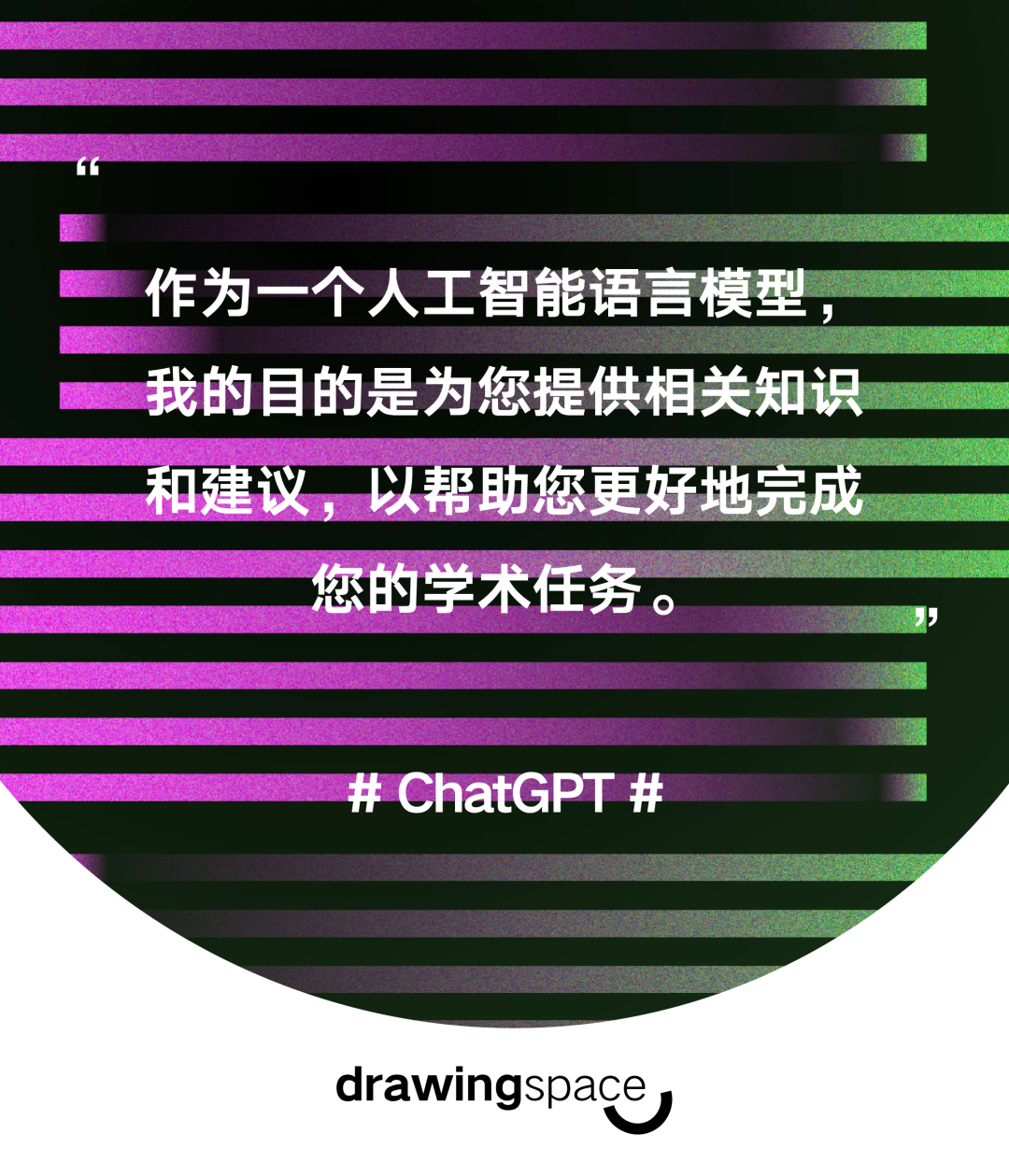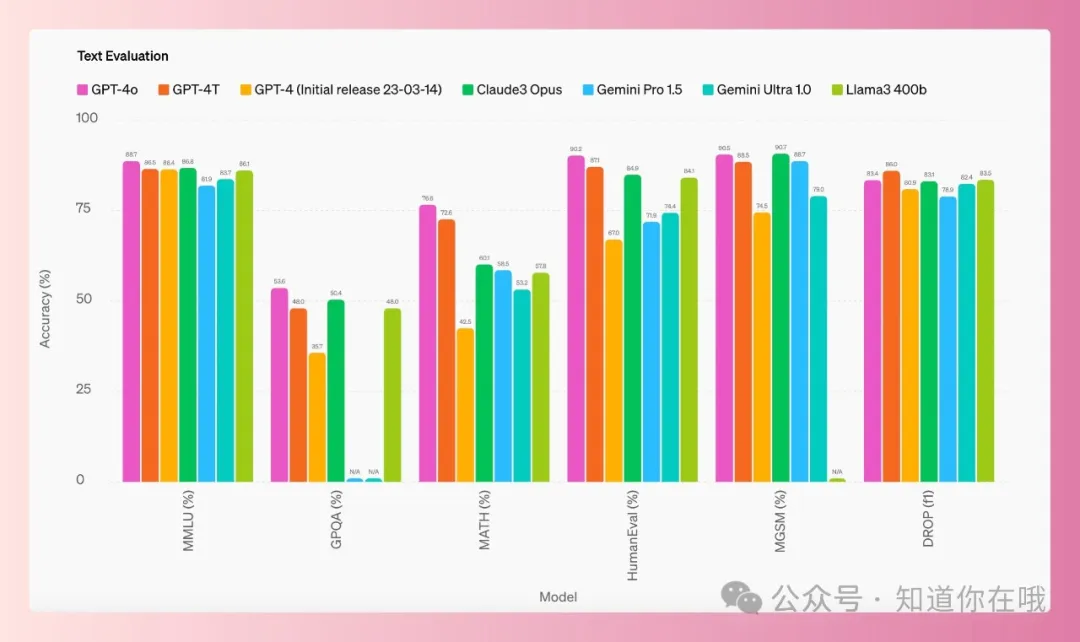

随着GPT-4的发布,ChatGPT再次引爆网络,成为当下最热门的讨论话题之一。那么人工智能究竟会有多“智能”呢?
让我们用ChatGPT写一篇建筑学的本科毕业论文,并把它上传到查重平台,以检验它是不是真的“自己写”而不是简单的“复制粘贴”。
以下便是ChatGPT的回答:
Q:01
请以《北京市住宅外立面色彩设计与控制研究》为题目,帮我写一篇建筑学本科毕业论文。
Please help me write a graduation thesis for my undergraduate degree in architecture with the title of “Research on Color Design and Control of Residential Façades in Beijing”.
摘要
Summary

目录
Table of contents

第一章
Chapter One

第二章
Chapter two

第三章
third chapter
第四章
Chapter Four
第五章
chapter Five
Q:02
没有了吗?
Got gone?
Q:03
这些是你自己写的吗?
Did you write these yourself?
Q:04
我觉得字数有点不够
I think the word count is a bit inadequate
Q:05
我不想写,请你以这个题目再写一篇不少于8000字的论文
I dont want to write, please write another paper of no less than 8,000 words on this topic
查重
Duplicate check
为了验证这篇论文是否充分体现了ChatGPT人工智能的特点,我们将其上传到了某论文查重平台,以下便是查重结果:
通过此次的问答,我们发现ChatGPT不仅可以自主书写论文,而且在论文的结构与内容方面也颇具条理以及清晰。不再像以前的搜索引擎,只做“内容的搬运工”。
同时我们也在此声明,本次论文课题仅为网络上随机筛选,不做任何研究性目的。论文的格式与内容,均为ChatGPT自动生成,我们未作任何修改。
文章:小了 / TANI
网站:www.archcollege.com
微博:建筑学院-Archcollege商务对接微信:jzxy-yz



